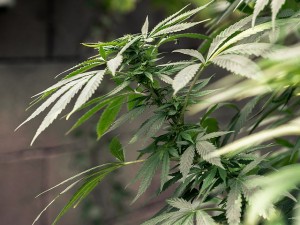California, Massachusetts and Nevada legalized marijuana on Tuesday in what seems to be the country’s changing attitude towards the plant.
Leading up to the election, recreational marijuana was legal in only four states, namely: Alaska, Georgia, Oregon and Washington, including Washington D.C.
With the addition of these three states, the percentage of Americans living in states where marijuana use is legal for adults rose abouve 20 percent, from a measely 5 percent.
The victories could spark similar efforts in other states and put pressure on federal authorities to remove marijuana from Schedule II which labels it as a “dangerously addictive drug with no medical benefits.”
Overall, the legalization in the US has drastically improved with Florida, North Dakota and Arkansas approving medical marijuana measures. Montana voted on whether to ease restrictions on its existing medical marijuana law.
In general, the proposals for recreational cannabis would treat it similar to alcohol. Consumption would be limited to people aged 21 or older and forbidden in most public spaces. Pot would be highly regulated and heavily taxed, with some states allowing people to grow their own.
Support is rising even though some public health experts warn that studies on the drug is insufficient and that law enforcement lack reliable tests and protocols to determine whether a driver is impaired by marijuana.
Overall, the results of the marijuana referendums were hailed as historic by legalization activists, given that California is the most populous state. Massachusetts became the first state east of the Rockies to join the movement.
Collectively, it was the closest the U.S. has ever come to a national referendum on marijuana, which remains prohibited under federal law.



